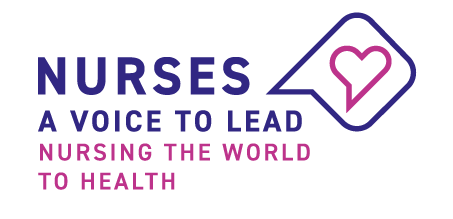Public health nursing officers working with noncommunicable diseases in Sri Lanka
During a three-week period in May 2020, WHO conducted a rapid assessment survey of service delivery for NCDs during the COVID-19 pandemic among 194 Ministries of Health. Responses were received from 163 Ministries (84%). The survey confirmed that the prevention and treatment services for NCDs have been severely disrupted since the COVID-19 pandemic began.
This week, we are sharing a story of how nurses are working to help prevent and treat those with NCDs.
100 public health nursing officers were appointed to 100 Healthy Lifestyle Centres (HLCs) in 25 districts of Sri Lanka. Their role is to work with individuals, families and communities to prevent and control of non-communicable diseases (NCDs), and provide comprehensive nursing care in the community.
Working in multidisciplinary teams, the nurses act as researchers and care providers for vulnerable people in the community, including older people and those who need palliative care. They also respond to government initiatives that are aimed at improving people’s health-related activities.
By the year 2025, up to 25% of the Sri Lankan population will be elderly, and NCDs are the leading cause of death among this group. Older people also have many health-related problems that were previously only dealt with by attendance at the local hospital. Now the public health nurses are able to carry out many activities in the patients’ homes, including the care of indwelling catheters, naso-gastric tubes, nutrition aids and wounds.
The care offered is based on individual’s needs, including those of older people and those who are dying. We are able to carry out a full physical assessment and general health check-up.
An analysis of the effectiveness of the public health nursing officer has revealed a number of benefits, including:
- Patients are not required to travel to hospital for minor procedures, such as catheter care.
- We now have detailed records of family health status.
- Each local area now has a nurse who is expert in cardiopulmonary resuscitation who can provide management of emergency situations.
- The service is free at the point of delivery.
In time, it is hoped that this project will be expanded to have around 200 Healthy Lifestyle Centres covering a population of up to 10 million people.
More information on the WHO assessment survey can be found here.

